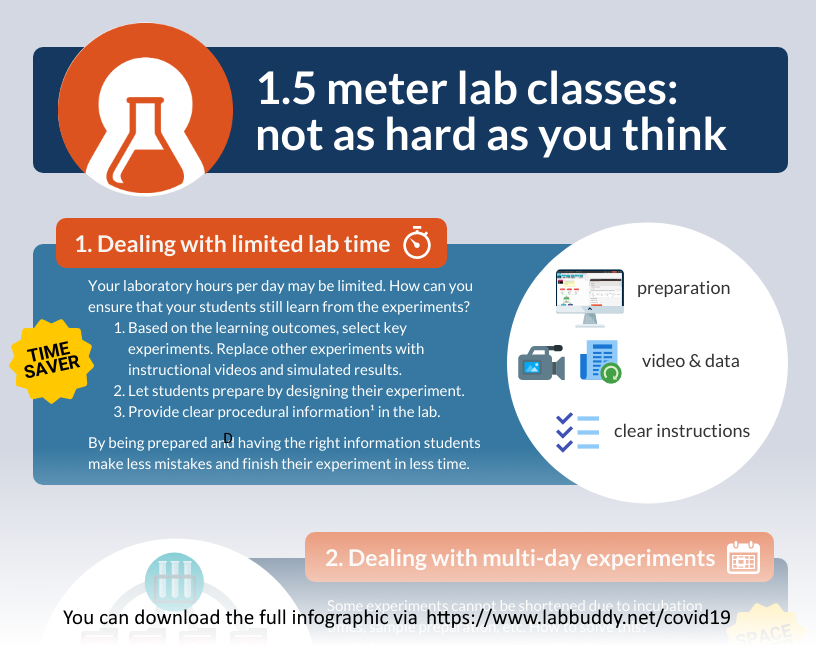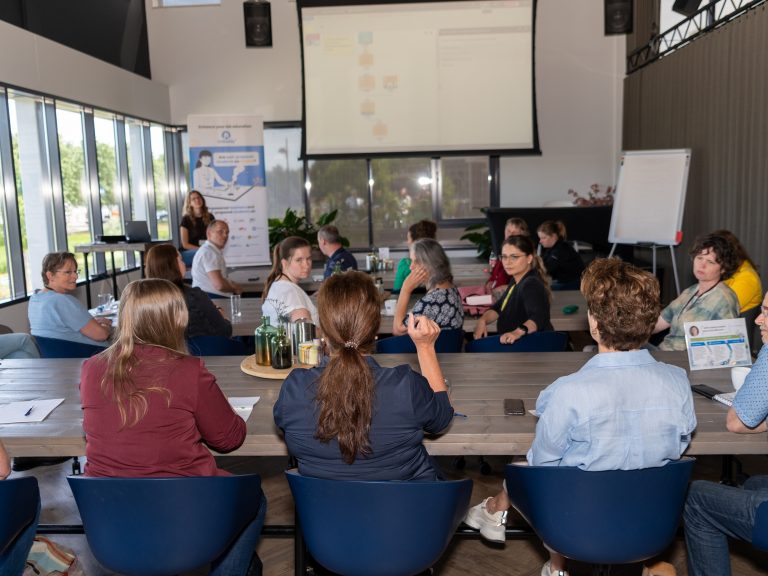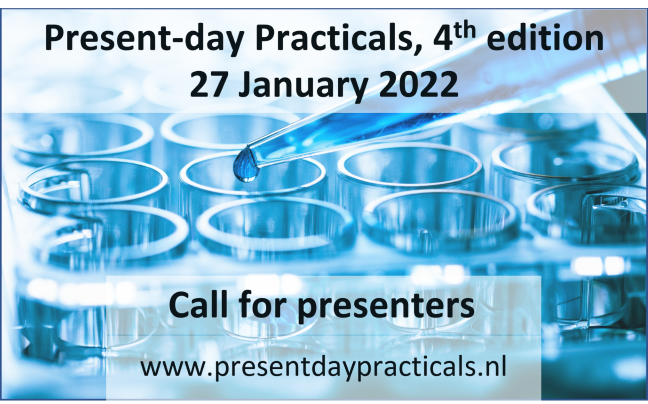It can be hard to adapt your lab education to the constantly changing COVID-19 restrictions. It demands a lot of flexibility from everyone involved in education.
Although we would love to go back to the pre-COVID time, there are also positive outcomes of the pandemic; it forced people to be creative and to work together. Below we share information that is meant for everyone trying to implement the COVID-19 measures in their lab education. Read the information and get inspired!
Stories of lab teachers
How do your colleagues prepare?
Read the stories of lab teachers and their preparation for the new academic year.
“In response to a question about worrying that students miss important lab-skills later in their education: I think students are able to learn lab skills quickly during e.g. an internship, where they can be ‘bootcamped’ in the required lab skills in a relatively short time.”
Annelien Zweemer & Linda Holtman | Lecturers at Center of Drug Research | Leiden University
Our course is a 2nd year Bachelor’s course on cellular biology and biochemistry, where a total of ~270 students work in teams of 4 students on their own research during 6 weeks of lab education.
Our biggest hurdle was to find a solution for all the B.Sc. internship students that started their final research project on April 15th. Within a month we completely shifted from “executing research” to “proposing research” for all the 3rd year students. Fortunately this proposal variant was already in place for a limited number of students in earlier years, and with help of our online “skills platform” (how to’s and guiding in writing a proposal – set up by Marjo the Graauw) we have been able to guide students efficiently in the writing process while working remotely. Although we are still in the process, I am amazed by the performance of the students and their motivation, and I believe that we teach them aspects and skills required to become all-round and well equipped scientists (defining a research question and objectives, planning experiments, communicating the relevance and impact, estimating costs and timelines, etc).
A real eye-opener for us was when we looked at our learning goals and when we realized that even though students usually spend significant more time in the lab, most of our learning goals involve experimental design, working out hypotheses, interpreting data, discussing results etc. Also, students still collaborate preparing of (remote) experiments and discussing results. So, we can still teach students how to do research, which is what we aim with our course.
I do not mean to say that we underestimate practical skills training in the lab! However, it is good to realize that we teach so many other valuable skills as well. And for the remote or 1,5m-practicals, there is just more emphasis on those other skills. For instance, we work together with our safety department in developing a more extensive risk-assessment assignment. Another important part of our course are discussion groups, where students present, interpret and discuss their data, under supervision of student-assistants. This is of course something we can still do in a remote setting.
In response to a question about worrying that students miss important lab skills later in their education: I think students are able to learn lab skills quickly during e.g. an internship, where they can be ‘bootcamped’ in the required lab skills in a relatively short time, since they will spend so much more time on the lab compared to a practical course. Also, using videos of the experiments, we want to give students as much of a feeling how it is to work on a lab, so they can still more or less decide for future internships whether this is the type of research that fits them.
For our lab course in Oct-Dec we are taking a variety of measures. Two of them are: reducing the number of students that will perform 1 experiment. Instead of working on 4 experiments with a team of 4 students simultaneously, we will have each student execute 1 experiment. Of course, we will set up a clear communication system in which the students update each other on activities and experiments (by means of lab journal, video’s, assignments). In order to “compensate” for the loss in exposure to practical experience, we will implement “trouble shooting” assignments in Labbuddy. In the Prep window we will insert various questions about handling procedures for each experiment. Based on the answers that the student provides, they will either see “wrong results” or “good results” (in a picture or video). If they choose the wrong answer, they will be notified and will need to reflect on their choice. Subsequently they can select another answer for one of the previous questions, and as such find out if that leads to the desired endproduct/result. For this we are currently planning scripts and shooting video’s, with help of LabBuddy we will learn how to submit this into the Experiment Designer.
“The intelligent lockdown in our education meant that all the education shifted onwards online lessons. The practicals were still prepared but online and with more intensive tutor meetings.”
Linda van Genne | Lecturer Molecular Biology and Biology Safety Officer | Van Hall Larenstein
The intelligent lockdown in our education meant that all the education shifted to online lessons. The practicals were still prepared but online and with more intensive tutor meetings.
Before Corona, students both prepared their experiments and executed them in the lab. Laboratory courses which are normally sequentially prepared and carried out changed to a set-up in which students prepared for their course beforehand outside the lab, with a more intensive tutor meeting to guide them through the practical work.
In 1 or 2 weeks our practicals restart and at this very moment we decided to only teach the students the need-to-know learning goals or skills. Every repeating skill was taken out for this moment if possible.
Depending on the experiments and equipment a carrousel principle was used, or students will carry out their experiments in a classroom with 8 students separated from each other by a transparent oilcloth. 1.5-meter bench for each student.
Our lab can normally contain 16 students at 2 benches with students sitting opposite of each other. We use transparent oilcloths between the students and no students sitting in the area in the middle. With students only on the outside benches we are able to teach 8 students at the same time in the lab and a teacher who is able to walk, talk and supervise freely with each student maintaining the 1.5-meter distance always. Only when really necessary the teacher can use a splash guard or mouth nose mask.
In our area, public transport companies wants us to spread the start and end moments of the practicals even more. So, they start and end during the whole day.
“In the building and in the practical labs a one-way route will be maintained. Doors will stay opened, so nobody needs to touch the handles. For every place disinfection solution will be provided even as gloves needed when using equipment with multiple people.”
Nicole Jacobs | Head of Practical Faciity Support | Wageningen University
The physical education has stopped since March. This means that all education from the last 2 periods of this academic year has been converted to online education. This was also the case for practical courses. Teachers have been very flexible and creative to transform their practicals to online courses. This is also the case for practicals for which digitization has taken place. Some teachers used old data to discuss with students, some made videos and some used a livestream to show an experiment. There were even teachers who sent materials to students, allowing students to perform some tests at home.
Currently, the Corona lockdown has been relaxed and some practicals can take place as a test. We are now setting up the practical labs with the 1.5m guidelines:
- Pictures of how we have created the workspaces for students in the practical labs were shown during the webinar. We have decided NOT to use screens between the students.
- In all the rooms the workplaces for the students are situated in a way that everyone can respect the 1.5m distance to each other.
- In the building and in the practical labs a one-way route will be maintained. Doors will stay open, so nobody needs to touch the handles.
- For every place a disinfection solution will be provided as well as gloves required for using equipment. For disinfection 70% ethanol was used, but due to the toxicity of ethanol, we will be using 2-propanol in the future. The problem is that this is hard to get. We have ordered 2-propanol (Sterillium) 2 months ago but the manufacturer is not allowed to transport it to The Netherlands.
- Furthermore, we will provide face masks for teachers when necessary. Nevertheless, wearing facemasks doesn’t give the teacher the freedom of movement for entering the 1.5m space of students.
Due to these measures, the capacity of our laboratories has been reduced to 25%, meaning that only a quarter of the students are allowed to work in the laboratory.
Wageningen University expects the 1.5m guidelines to be in place at least untill the end of 2020. Therefore, we are happy that we can test our rules and facilities with a few practicals so we can learn and prepare better for the start of the new academic year in September. The focus of the next year will be with the first-year students (B.Sc. and M.Sc.) and the basic skills they need to acquire to be able to continue the rest of their education.
We furthermore discussed what to do in case of an emergency. We decided that safety comes first, and in this case, the direct threat of the emergency is more important than enforcing the Corona measures.
We furthermore discussed what to do in case of an emergency. We decided that safety comes first, and in this case, the direct threat of the emergency is more important than enforcing the Corona measures.
